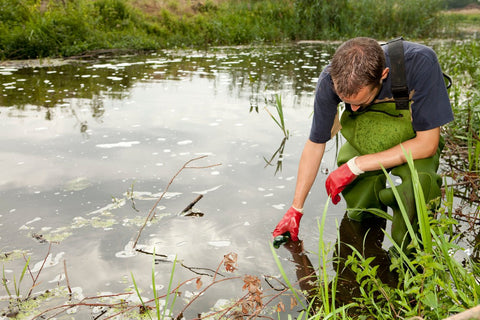The Municipal Action Group for Combating the Mosquito Plague e.V. (KABS) has made extensive efforts in recent years to control the mosquito population in the Upper Rhine and Lake Constance regions. Despite their efforts, there are reports and opinions that the fight against the mosquito plague has not always been successful.
Here are some reasons why the KABS has encountered difficulties:
1. Weather conditions and climate change
Unpredictable weather conditions:
Extreme weather conditions, such as heavy rainfall or unusually warm winters, can lead to unpredictable and massive mosquito populations. Such weather events create ideal breeding conditions for mosquitoes and significantly complicate control measures.
Climate change:
Climate change leads to altered climatic conditions that favor the reproduction of mosquitoes. Longer warm periods and more frequent floods increase the number of breeding sites and thus the mosquito population.
2. Biological and environmental concerns
Resistance development:
There is a risk that mosquito populations will develop resistance over time to the biological control agents used, such as Bacillus thuringiensis israelensis (Bti). This would reduce the effectiveness of the control measures.
Environmental friendliness versus effectiveness:
KABS relies on environmentally friendly methods, which in some cases can lead to lower immediate effectiveness compared to chemical insecticides. Environmental protection takes priority, which means the measures are designed to be longer-term and more sustainable, but do not always deliver immediate results.
3. Administrative and logistical challenges
Coordination and financing:
The coordination and financing of large-scale control measures require significant resources and close cooperation between various municipalities and institutions. Financial constraints and bureaucratic hurdles can impair the effectiveness of the measures.
Widespread application:
Successful control of crane flies requires widespread and regular application of Bti. Due to the size and accessibility of the affected areas, this can be logistically challenging.
4. Public perception and cooperation
Lack of awareness and cooperation from the population:
The effectiveness of the measures also depends on the cooperation of the population. Lack of awareness or insufficient commitment from residents to avoid standing water or to support control measures can undermine KABS's efforts.
Change in crane fly behavior:
Crane flies can adapt their breeding sites and move to new, hard-to-reach areas, which further complicates control efforts.






